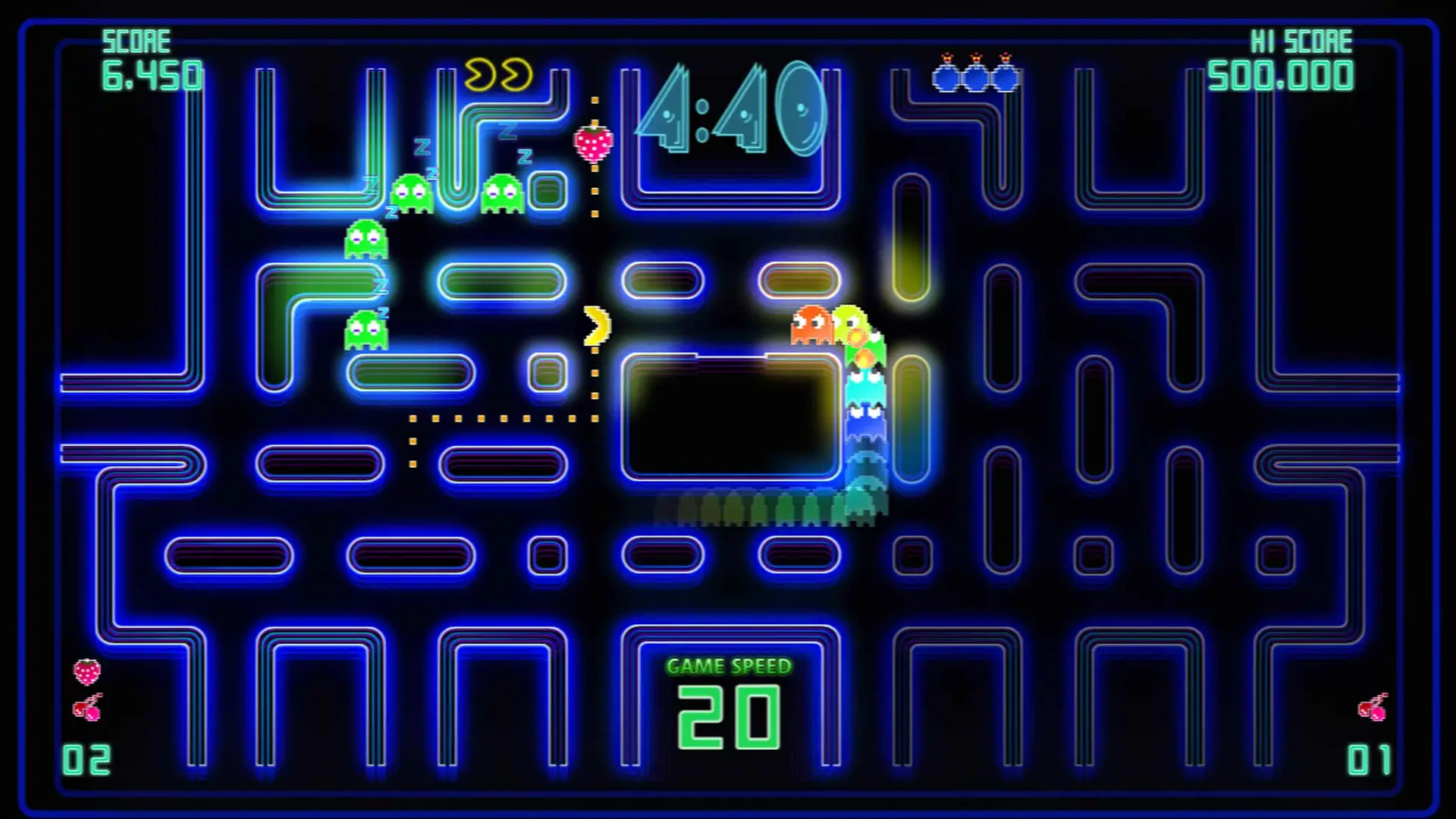The indie scene continues to give birth to gameplay phenomena. One of them is Balatro, a project that combines poker mechanics with roguelike elements, absurdity, and deck-building. Risky strategy, rapid progress, unpredictable outcomes — each race turns into a gambling puzzle. After experiencing such mechanics, going back to standard board games seems dull. Therefore, inevitable questions arise: what games are similar to Balatro, what to try next, which projects also break the mold. We have prepared a list for you.
Card roguelikes and indie experiments: what makes games similar to Balatro appealing
Card mechanics have long gone beyond ordinary duels. Developers use decks as a way to deliver stories, battles, tactical decisions. The genre shines especially bright when combined with roguelike elements. When every run becomes a unique experience, a card is not just an action, but a choice with consequences. Below is a selection of games similar to Balatro, each of which develops the idea in its own way.
Liar’s Bar — a strategy of lies and bluff
The game scene simulates the atmosphere of an underground casino. The cards on the table seem honest, but each value can turn out to be a lie. The player faces not obvious rules, but deception woven into the mechanics. Each bet becomes a duel of intuitions.
The essence is to read not the card, but the person. The scenario is not limited to a template: the opponent’s behavior, facial expressions, rhythm of moves — everything turns into signals. Unlike classic card games, Liar’s Bar rewards for psychological accuracy. In Balatro, there is also an element of intuitive risk: betting on a weak card can be the key to winning the game. Here, it’s not logic that works, but instinct.
Hearthstone — dynamics, pace, surprises
Instant reaction, spectacular animation, a whirlwind of emotions — Hearthstone maintains pace from the first move. Each match takes up to 10 minutes. Decks are assembled from hundreds of cards, but even a basic combination can give an advantage. The game offers freedom in choosing a strategy: fast aggression, long control, endless combos. The principle is reminiscent of Balatro — there is no “right” path, adaptation is key. The key feature is the element of surprise. Combinations break predictability, and cards with unstable effects turn each game into a theatrical performance with excitement and surprises.
Artifact — scale, control, calculation
Artifact presents card mechanics as a grand strategy. Three battlefields symbolize 3 lines on the map. The player needs to simultaneously manage each of them, consider the economy, hero movement, and resource distribution. Each action works in conjunction with three others. One choice on the first line can affect the outcome of the entire match. The game approach is similar to Balatro with a deep decision-making structure. There — evaluating the probability of strengthening the hand, here — control over the entire front. Both games reward strategic vision, where victory arises not from chance but from a chain of precise decisions.
The Elder Scrolls Legends — classic strength with a dual field
TES Legends offers a familiar combat format but divides the field into two independent sectors. Each has its own rules and effects. The player controls the cards, calculating where the threat will appear and how to redirect the attack. The depth of the mechanics is revealed through the ability to conduct parallel battles. It resembles Balatro in how each combination can change the trajectory of the match. A simple combo can turn around a losing match, while a mistake can nullify an advantage. The game requires flexibility, quick adaptation, and the ability to keep several tactical tasks in mind at once.
Marvel Snap — speed and unpredictability
Marvel Snap revamps the genre in a mobile form. Matches last no longer than 3 minutes. Players choose cards and place them in one of three locations. Each territory has a random effect that changes the conditions of the battle. This makes the game similar to Balatro, where each match is a new combination of effects. The focus is not on the strength of the cards but on the ability to adapt to the conditions. The winner is the one who takes risks and guesses the unexpected move.
Legends of Runeterra — control, synergy, economy
Runeterra creates a flexible game rhythm. One turn is divided into attack and defense phases, resources accumulate, cards evolve. The player thinks not in moves but in cycles. Victory is not about reaction but about preparation and economy. Like Balatro, the project values system building. Cards are strengthened through interaction with each other, combos unfold at the right moment. Control is crucial here: not the strength of a single card but the power of a well-built deck.
Caller’s Bane — a mix of card combat and construction
In Caller’s Bane, a card creates an effect but also constructs an element on the field. A tower, a magical circle, a defensive building — everything affects positioning. The balance between attack and construction forms a dual gameplay: combat and management. The player has to consider where to play the card, how to place it, and what it will change in the space. The game is similar to Balatro in terms of non-standard effects: a card is not just a command but an event that transforms the battle. This approach stimulates creativity and unconventional thinking.
Nightbanes — dark aesthetics and deck evolution
Nightbanes is designed in a gothic style. The player controls vampires, demons, undead. An important feature is that each card can evolve. Improvements are made between battles, not during. The deck is not just a set but a living system. Cards crossbreed, strengthen, acquire unique traits. This growth is reminiscent of Balatro, where upgrading cards changes the style of the match. Particularly interesting is that the Nightbanes deck can evolve under the influence of events, decisions, defeats. Progress comes not from strength but from metamorphosis.
Total War: Elysium — a battle of minds in the world of strategies
Elysium combines the Total War world with card mechanics. The player controls a general, an army, tactics. Each card is an order: move the cavalry, set a trap, fortify a position. The cards shift the mechanics towards strategies. Instead of effects, there are real consequences. A cannon destroys defense, a maneuver intercepts the enemy’s attack. A game similar to Balatro, it encourages foresight and risk. Victory goes not to the one with stronger cards but to the one who cleverly uses resources and seizes the moment.
Earthcore: Shattered Elements — risk, stake, and consequences
Earthcore operates on unconventional logic. Each card has a risk indicator: the stronger the effect, the higher the chance of receiving damage. The player decides whether to risk a powerful move or play it safe. This is the philosophy of Balatro taken to the extreme. Victory requires risk. But not abstract — calculated. The user observes the opponent’s reaction, analyzes behavior, makes a bet. Cards here are like chips in a casino. A simple but powerful concept that turns each match into an emotional rollercoaster.
Why games similar to Balatro are just as good
Games similar to Balatro are not clones or copies. They are experiments. Each project in the selection offers something of its own: one — style, another — mechanics, a third — rhythm. Together, they form a new wave of card strategies where character is as important as brains. After Balatro, one craves more — and these projects provide the continuation. Through freedom, excitement, unpredictability.
 en
en  ru
ru  de
de  ar
ar  es
es  nl
nl  hi
hi  fr
fr  it
it  pt
pt  el
el 



